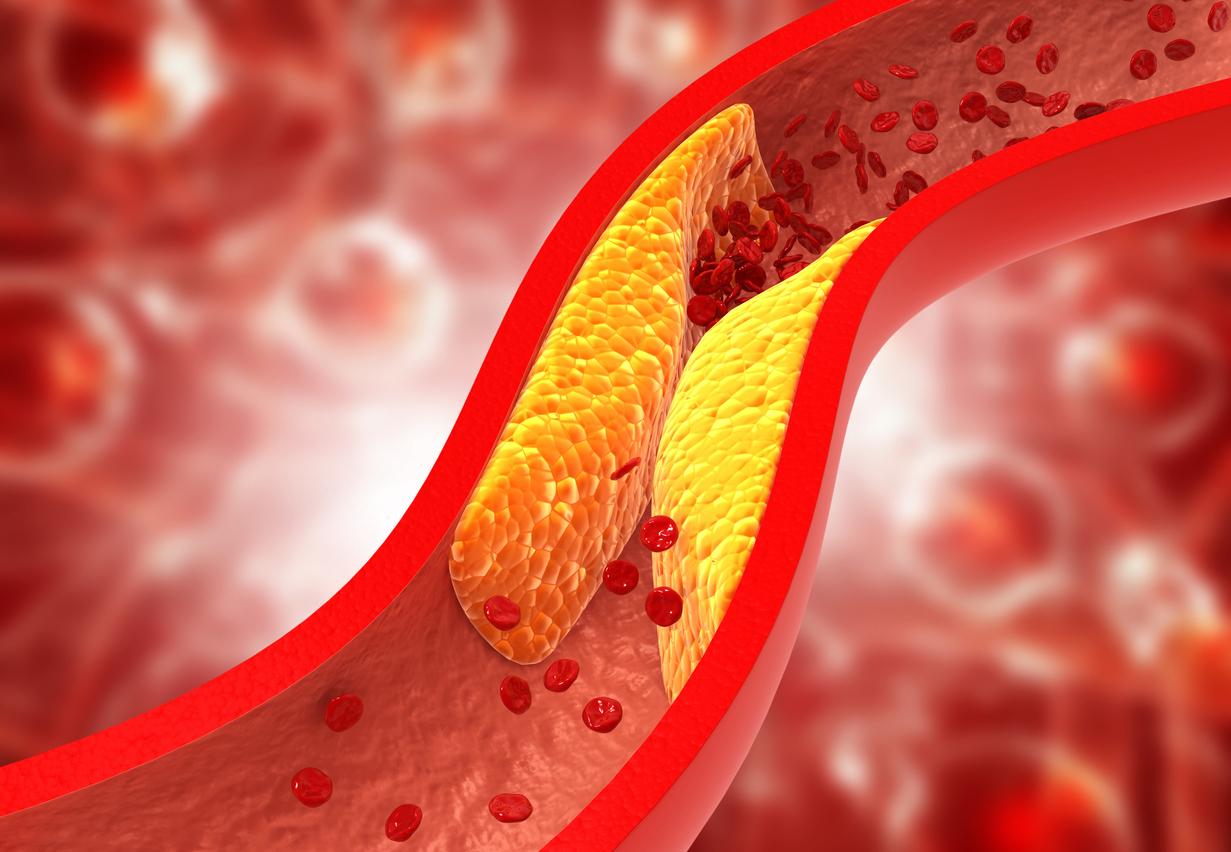American experts recommend taking aspirin to reduce the risk of cardiovascular disease and colorectal cancer.

Should aspirin be prescribed as a primary prevention to reduce the risk of cardiovascular disease and colorectal cancer? For a group of independent American experts (USPSTF), the answer is yes. They describe their recommendations in a item published this Tuesday in The Annals of Internal Medicine.
In the United States, these two pathologies are the most deadly, stress the authors. In 2011, more than half of all deaths in the country were the result of heart attack, stroke or cancer. Finding an effective and inexpensive preventive treatment is therefore a public health issue. Numerous studies have shown that aspirin reduces the risk of digestive cancer by about 30% and doubles the chances of survival.
Consulted by the US federal government on this issue, the USPSTF recommends prescribing this nonsteroidal anti-inflammatory drug in people aged 50 to 69 who are at increased risk of heart disease but who have never had a heart attack or a cerebrovascular accident (CVA), and which do not present a risk of bleeding.

Serious unwanted risks
In their article, the experts indicate that this prescription of a low dose (70 to 81 mg) should last at least 10 years for optimal protection against heart disease and colon cancer.
They also believe that regular intake of aspirin by people aged 40 to 59 could improve their life expectancy and decrease the incidence of these diseases. These benefits could also be observed in people aged 60 to 69 at high cardiovascular risk.
However, the USPSTF does not recommend the preventive use of aspirin in these subjects under 50 years and over 70 years, as well as people at low risk of these conditions, because the benefits do not appear to exceed the risks associated with this drug. Experts point out that aspirin can be responsible for bleeding in the digestive system and the brain due to its antiplatelet properties.
.















